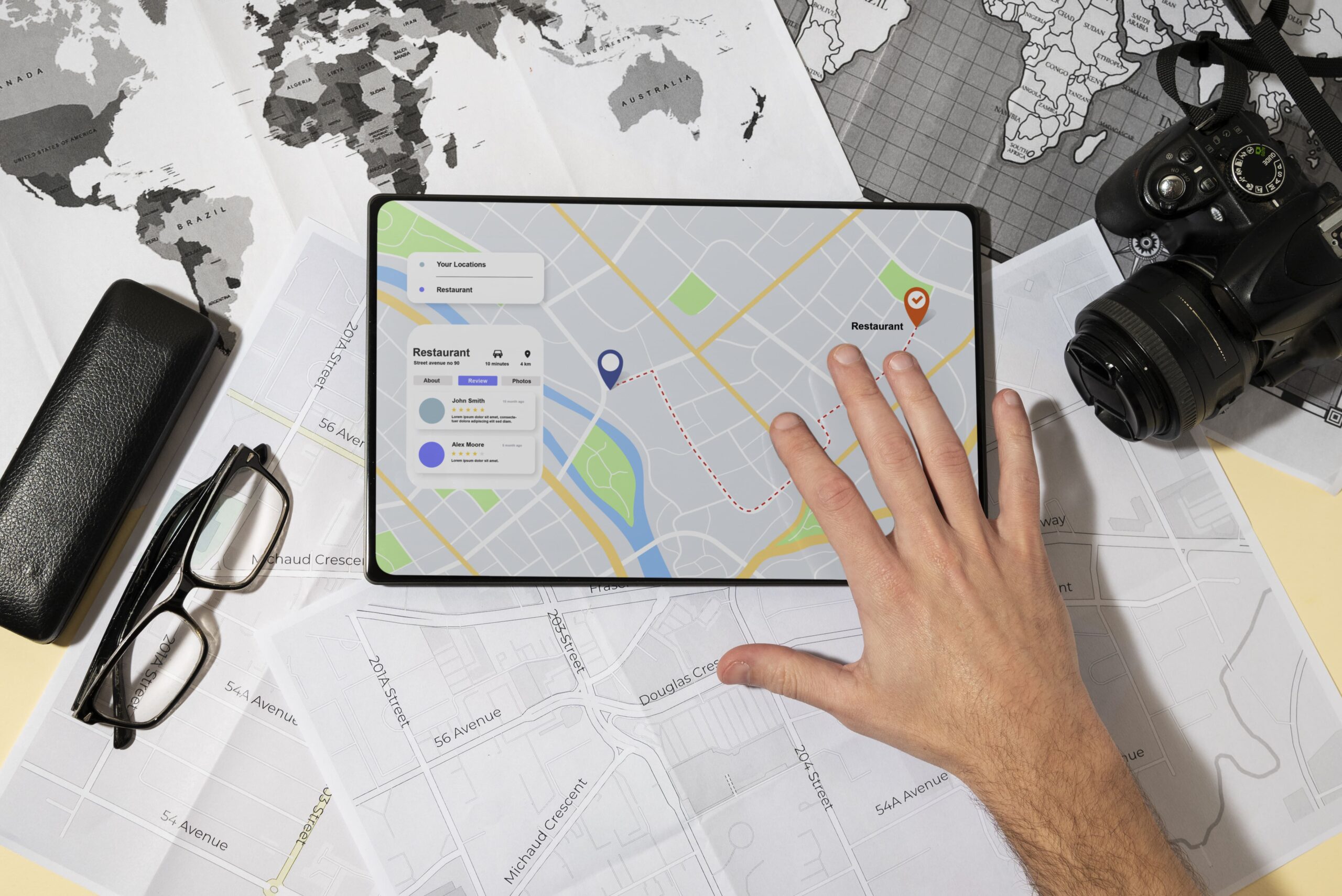Table of Contents
ToggleThe Alarming Consequences of Running a Business Without a CRM
Introduction
In the modern business landscape, customer relationships are everything. Managing these relationships effectively is crucial for growth and sustainability. But what happens to a business without a CRM? The absence of a Customer Relationship Management (CRM) system can lead to disorganization, lost opportunities, and dissatisfied customers. Understanding the impact of operating without a CRM can help you make informed decisions to enhance your business operations.
Lack of Organization in a Business Without a CRM
Without a CRM, businesses often struggle with disorganization. Customer information is scattered across spreadsheets, emails, and notes, making it difficult to track interactions and follow up appropriately. This disarray can lead to missed opportunities and a lack of cohesive strategy.
Inefficient Processes
Why is organization crucial for business success? Without a CRM, processes become inefficient and time-consuming. Employees spend excessive time searching for information, which could be streamlined with a centralized system. This inefficiency hampers productivity and increases the likelihood of errors.
Poor Customer Service
A business without a CRM struggles to provide consistent and personalized customer service. When customer data is not easily accessible, it becomes challenging to understand and anticipate customer needs. This can result in frustration and dissatisfaction.
Inconsistent Communication
Why is consistent communication important? Without a CRM, maintaining a consistent communication strategy is nearly impossible. Customers receive disjointed messages, leading to confusion and a fragmented brand experience. Tools like Zoho CRM help maintain clear, consistent communication by centralizing customer interactions.
Missed Sales Opportunities in a Business Without a CRM
One of the most significant drawbacks of not using a CRM is the potential for missed sales opportunities. Without a system to track and nurture leads, businesses lose valuable prospects that could have been converted into loyal customers.
Lack of Follow-Up
Why is follow-up crucial in sales? A CRM ensures that no lead falls through the cracks by automating reminders and follow-ups. Without this system, sales teams may forget to follow up with potential customers, leading to lost revenue.
Inadequate Data Analysis
Data is a powerful tool for making informed business decisions. A business without a CRM lacks the ability to collect and analyze customer data effectively. This deficiency hinders strategic planning and growth.
Limited Insights
Why are data insights important? CRMs provide valuable insights into customer behavior, preferences, and trends. Without these insights, businesses operate blindly, unable to tailor their strategies to meet customer needs and market demands.
Reduced Productivity in a Business Without a CRM
Without a CRM, manual tasks consume a significant portion of the workday. This reduces overall productivity and leaves less time for strategic activities that drive business growth.
Time Wasted on Manual Entry
Why is automation beneficial? CRMs automate routine tasks, freeing up time for employees to focus on more critical activities. Without automation, manual data entry and other repetitive tasks drain resources and lower productivity.
Fragmented Customer Relationships
Maintaining strong customer relationships is challenging without a CRM. The lack of a centralized system means customer interactions are not recorded consistently, leading to fragmented and impersonal relationships.
Difficulty in Personalization
Why is personalization key to customer loyalty? A CRM allows businesses to personalize their interactions based on comprehensive customer profiles. Without this capability, interactions lack the personal touch that fosters loyalty and repeat business.
Promoting Efficient Appointment Scheduling with Vookingo
While CRMs are crucial for managing customer relationships, tools like Vookingo are essential for businesses that rely on scheduled services. Vookingo simplifies the appointment scheduling process, helps reduce no-shows with automated reminders, and improves overall client satisfaction by providing a seamless scheduling experience.
Streamlining Scheduling
Why is an appointment scheduling system like Vookingo important? It eliminates the hassle of back-and-forth communication to schedule appointments, providing a convenient online booking platform for your clients. This not only enhances customer satisfaction but also ensures your calendar is always organized and up-to-date.
Conclusion
The importance of a CRM in modern business cannot be overstated. Running a business without a CRM leads to disorganization, poor customer service, missed sales opportunities, inadequate data analysis, reduced productivity, and fragmented customer relationships. Investing in a robust CRM system like Zoho CRM can transform your business operations and drive growth.
Moreover, combining a CRM with an efficient appointment scheduling system like Vookingo can further enhance your business by streamlining scheduling processes and improving client relations. Embrace the power of these tools to build stronger customer relationships and ensure your business thrives in today's competitive market.





